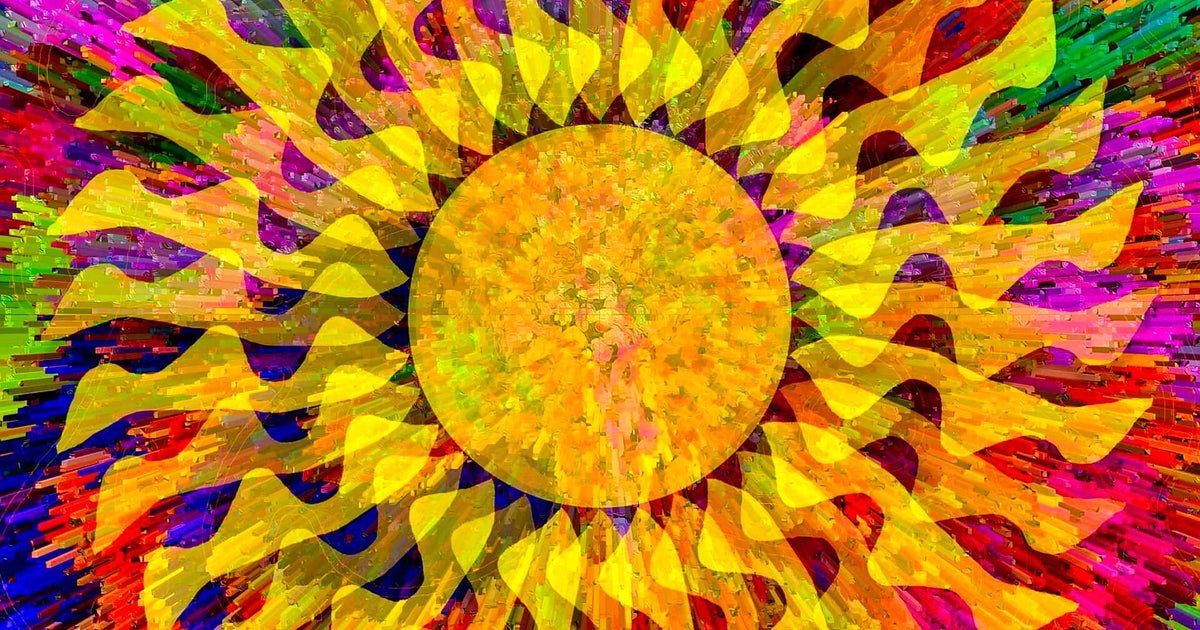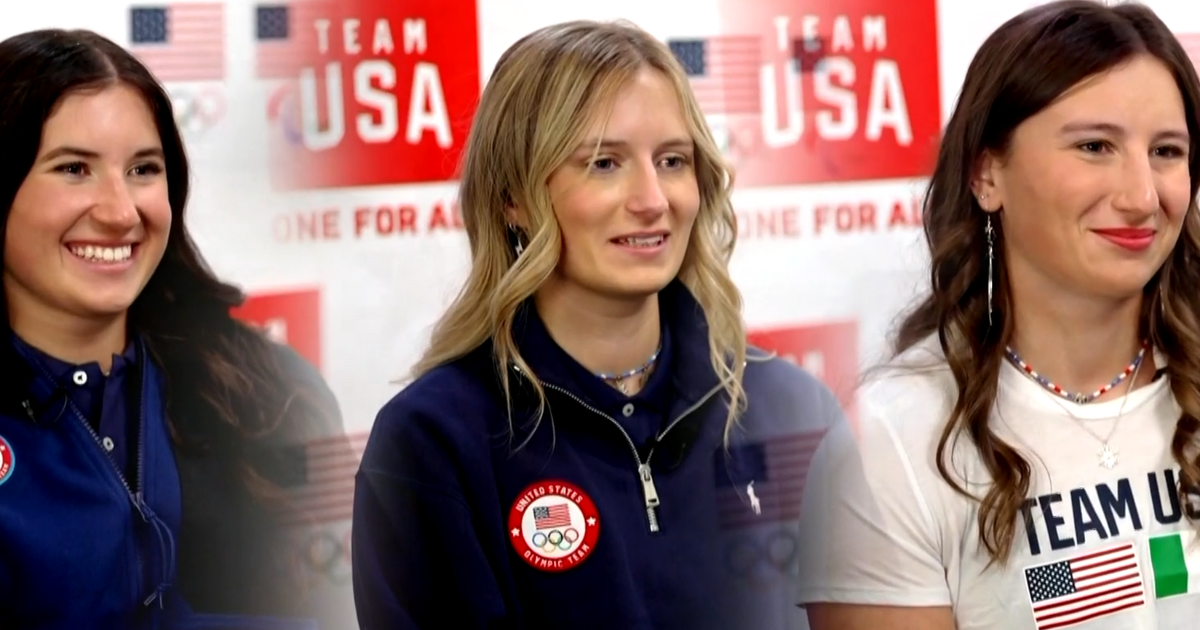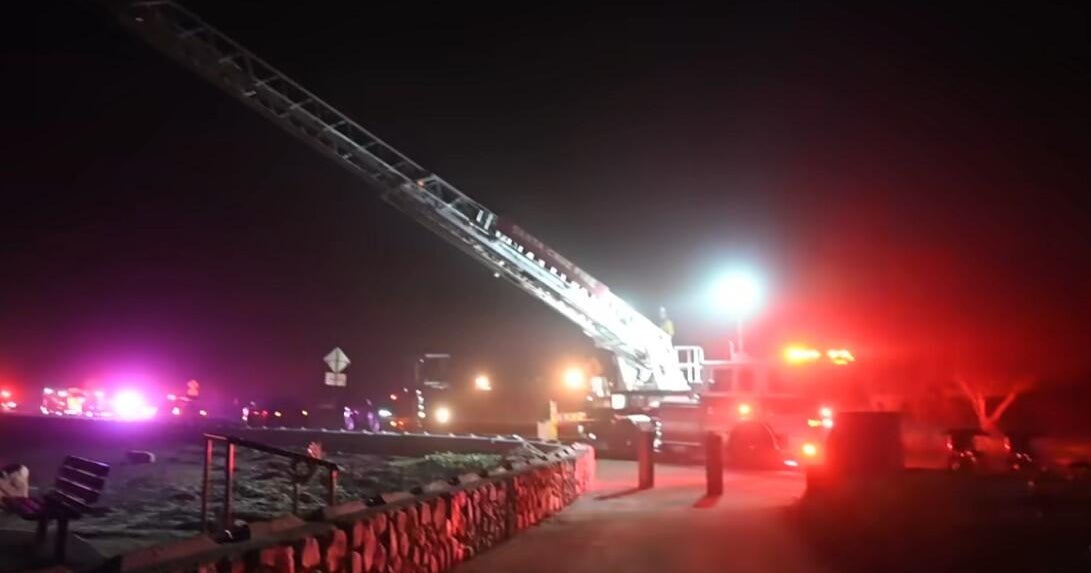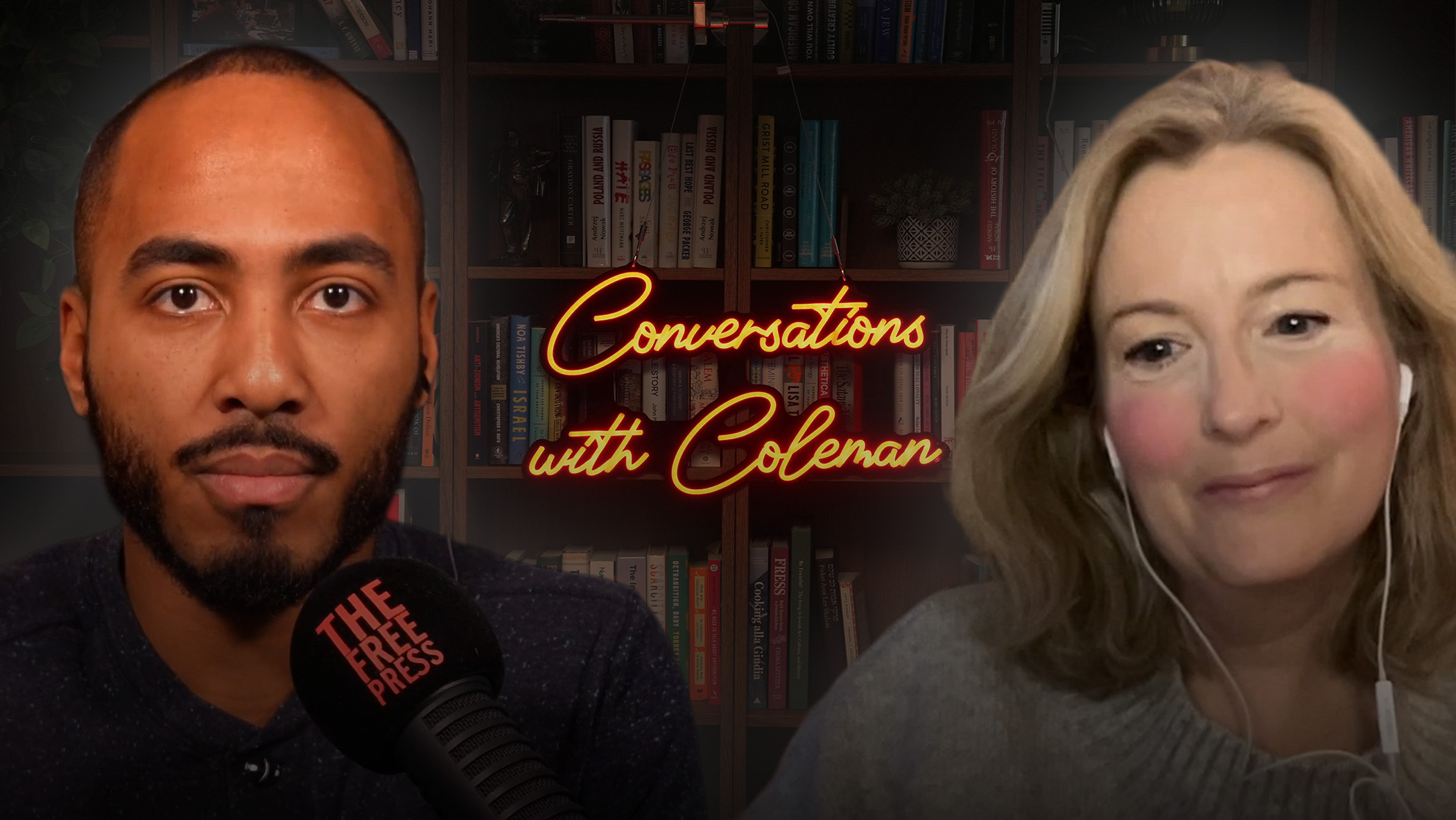How to overcome "choice overload" and improve your decision-making
It's estimated we each make about 35,000 decisions every day – everything from what to eat for breakfast, to how to spend our money. But with so many options, it's often hard for some people to make choices.
Psychiatrist Dr. Sue Varma explained some of the variables that go into our decision-making to "CBS This Morning": "What is our attention span in life in general? What is on our plate at the moment? What's competing for our attention? What is our motivation? How much does this decision matter to us? What are the perceived consequences of those decisions? And what is our unique personality style?"
Researchers say there are two types, or styles, of decision-makers:
"Assessment decision-makers" – They do extensive research, but they often feel overwhelmed and stressed when deciding, then feel buyer's remorse afterward.
"Locomotive decision-makers" – They choose quickly, based on available information. They do not get overwhelmed or stressed, and are often satisfied with their choice.
Locomotive types are "people who value action," Dr. Varma said. "They're goal-oriented. They want to get on with the decision, they want to move on with their lives, versus the people who are assessment style, or we call them maximizers, who are looking for accuracy, they value accuracy, the truth. They're perfectionists. The maximizer or assessment styles drive themselves crazy.
"We all have a little bit of each, but we so have a predominant style. The maximizers are never satisfied with their decision. Why? Because they always feel like they left something better on the table, whether you're talking about dating, picking a salad, ice cream."
Co-host Anthony Mason offered, "Picking a movie on Netflix? I'll spend an hour, we don't reach a decision and we play nothing in our family!"
"It's called the 'Netflix effect'!" said Dr. Varma. "We're living in a society where we're inundated with choice. The American Constitution is based on freedom, and we very much value that, of feeling empowered. However, we don't realize that more choices actually limit our freedom, because we spend so much time perseverating and deliberating.
"We find that companies, when they limit the number of choices, people actually buy more product," said Dr. Varma. "You don't want to overwhelm people."
"You want all the choice, and then you become paralyzed by it. How do you make it easier for yourself?" asked Mason.
"So that you don't become a victim for decision fatigue, which is a big problem for choice overload, you want to narrow it down," she replied. "This is especially true for people who are maximizers. But in general, even people who are assessment stylers get a little bit freaked out if it's an important decision. So, I would say limit it to three decisions. It's okay to have a wide variety to choose from, but limit it down to three.
"Then, I would say ask three people – not more than that. Maximizers always want to get people's opinions. Pick three people who are relevant to the situation who have experience.
"Then I would say, give yourself a deadline. Don't spend too much time on it. And once you make a decision, move on."
Dr Varma noted, "There's a great African proverb that I love, and it has to do with finding a mate: 'Before you get married, keep two eyes open. Once you get married, keep one eye closed.'"



